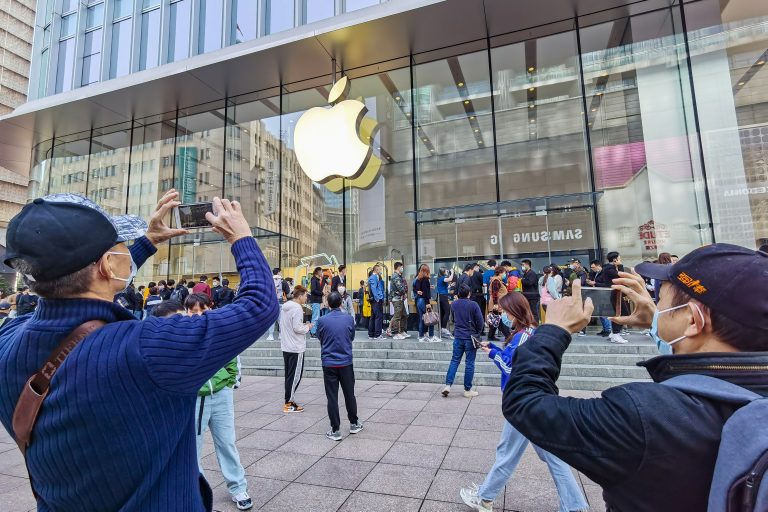A New York Times report has Apple under scrutiny for concessions it has made for China, including moving client data to servers in the communist mainland and censoring apps on the Apple App Store.
Apple’s devices are almost exclusively assembled in the People’s Republic of China (PRC) and rely heavily on the country for their supply chains. The Times states that “in response to a 2017 Chinese law, Apple agreed to move its Chinese customers’ data to China and onto computers owned and run by a Chinese state-owned company.”
The law refers to the PRC Cybersecurity Law implemented in June 2017, which requires network operators to store their users’ data in servers located in China — and allowing the Chinese government to monitor any company’s network operations so long as it does business in the PRC.
Apple handed over select Chinese user data to Guizhou-Cloud Big Data (GCBD), a Chinese data company owned by the Guizhou provincial government, making it the legal owner of the data and allowing it to be shared with numerous Chinese authorities.
Following the construction of an Apple data center operated by GCBD, the Chinese authorities went as far as to force Apple to abandon “the encryption technology it uses in other data centers after China wouldn’t allow it,” the New York Times report said.
Success
You are now signed up for our newsletter
Success
Check your email to complete sign up
“Before the arrangement, Apple said it had never provided the contents of a customer’s iCloud account to the Chinese authorities.”
U.S. law forbids companies from handing over data to China, but by requiring data to be housed on servers on the mainland, it created a loophole for Beijing to circumvent the U.S. law.
“These decisions are not always easy, and we may not agree with the laws that shape them,” an Apple spokesperson said. “But our priority remains creating the best user experience without violating the rules we are obligated to follow.”
China Apple App Store subordinated to the Communist Party
The Chinese Communist Party (CCP) has undertaken aggressive censorship of applications distributed in China via Apple’s App Store.
The report states that “since 2017, roughly 55,000 active apps have disappeared from the Apple’s App Store in China, with most remaining available in other countries.”
Thirty-five thousand of those apps were games that required regulatory approval by Chinese authorities and the remaining 20,000 apps were from a wide range of categories. Apple contests these numbers, stating “that some developers removed their own apps from China.”
“Apple also blocked tools for organizing pro-democracy protests and skirting internet restrictions, as well as apps about the Dalai Lama,” the report states.
In many cases, the censorship is not conducted by Chinese authorities directly, but by Apple employees. The report states that “Apple trains its app reviewers and uses special software to inspect apps for any mention of topics Apple has deemed off limits in China, including [the] Tiananmen Square [Massacre], the Chinese spiritual movement Falun Gong, the Dalai Lama, and independence for Tibet and Taiwan.”
Apple’s dedication to data security has long been a key selling point for the iconic tech giant, but like many other firms eager for their share of the China market — and reliant on China for manufacturing — it has little choice but to acquiesce with the CCP’s demands.
Chinese business represented almost 15 percent of Apple’s total sales during its last fiscal year, representing more than $40 billion in revenue.














